In recent years, “homemade” handicrafts have become increasingly popular with consumers. Some “homemade” products have gradually shaped their consumer segments and can enter traditional retail channels such as grocery stores, markets, shops or direct retail through social networking platforms. However, in the context of increasingly strict regulations on tax management and invoice management, traders of “homemade” handicrafts cannot help but worry.

Ms. Huynh Thi My Tho (at 392 Hung Vuong, Pleiku Ward) said: “Taking advantage of the available space, I retail some processed food items such as pressed peanut oil, spring rolls, sea fish, and fish sauce made by relatives in the countryside and sent up seasonally. It is very difficult to request input invoices for these items. Small retailers like me are really worried and anxious about how to comply with tax regulations.”
According to the provisions of Decree No. 70/2025/ND-CP dated March 20, 2025 of the Government on invoices and documents, from June 1, 2025, business households and individuals with annual revenue of 1 billion VND or more and enterprises with activities of selling goods and providing services directly to consumers must use electronic invoices generated from cash registers connected to transfer data to tax authorities.
This regulation makes individuals and households doing business in the traditional way in general worried about declaring and providing input invoices for some small, specific goods and products such as "homemade" handicrafts, agricultural products, etc.
Previously, Ms. Nguyen Thi Nuong, owner of Nuong Grocery (398 Hung Vuong, Pleiku Ward) was a business that paid lump-sum taxes. When she was required to use electronic invoices generated from the cash register, she couldn't help but worry about how to declare imported goods for "homemade" goods. Holding a package of ginger jam produced by an acquaintance, Ms. Nuong said: "The nature of the grocery business requires importing many types of goods, including seasonal "homemade" foods and cakes. For example, with this ginger jam item, I now only import a few packages to add to the goods and don't dare to import a lot if the seller cannot provide an invoice. I also shared with some traditional customers that they should soon comply with relevant regulations if they want to bring "homemade" goods to the market for a long time."
In response to the above concerns of taxpayers, the local tax authority said that currently, business individuals and business households that are not subject to the application of electronic invoices generated from cash registers still declare and pay taxes according to the normal lump-sum method. For some types of imported goods of agricultural origin and "homemade" food, business individuals and households shall make a list of such goods according to regulations.
Ms. Pham Thi Bich, Deputy Head of Tax Department 8, informed: “In order to contribute to building a transparent production and business environment, healthy competition, and preventing loss of state budget revenue, the tax authority encourages business households to use electronic invoices, and buyers to develop the habit of getting invoices when purchasing goods and services. For business households, it is necessary to import and sell goods with clear origin, with invoices and documents, ensuring standards of quality and food hygiene and safety”.
Source: https://baogialai.com.vn/siet-chat-quy-dinh-ve-hoa-don-nguoi-kinh-doanh-hang-nha-lam-phap-phong-post562081.html





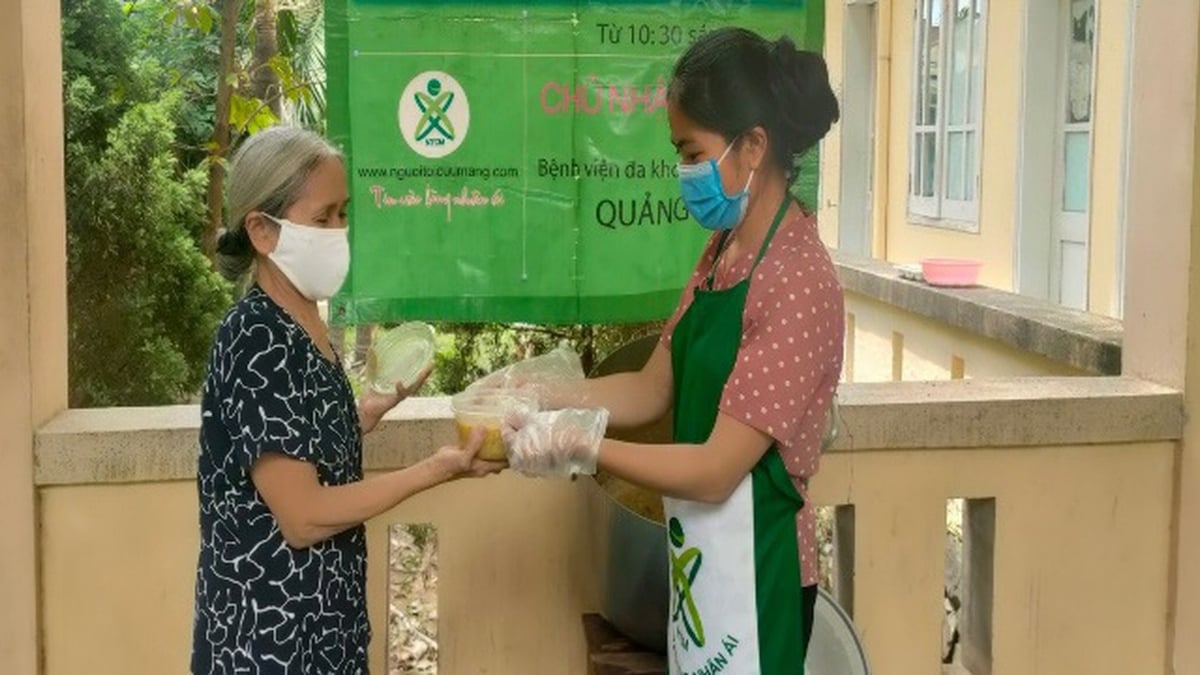


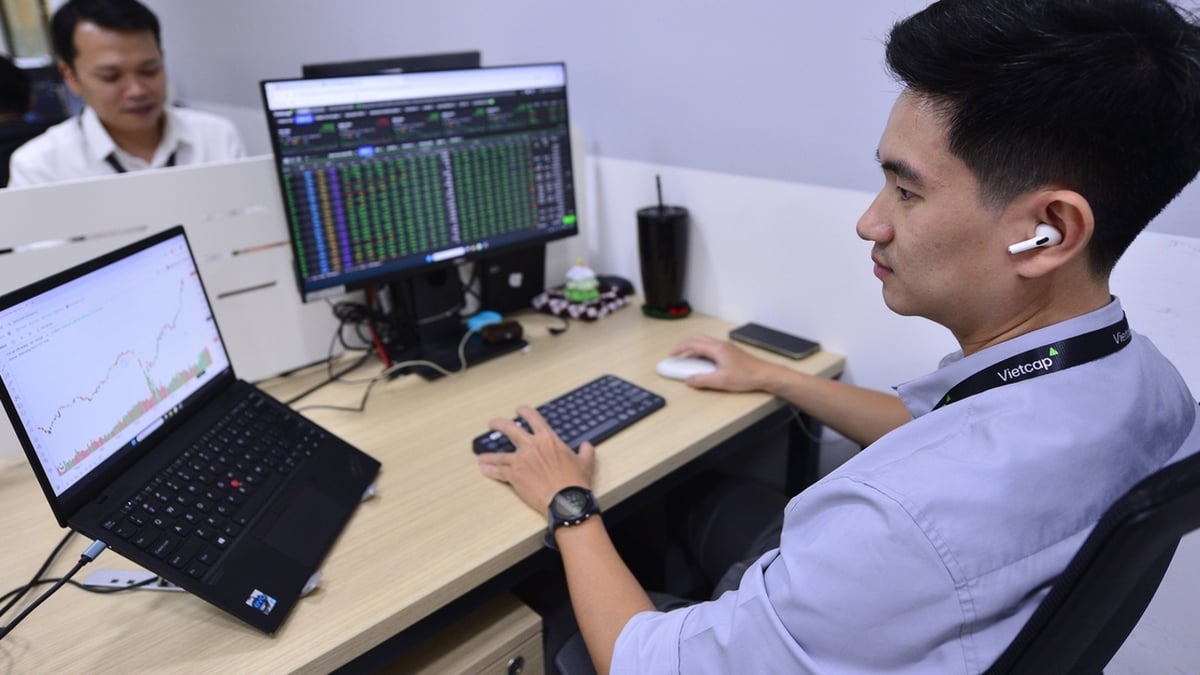

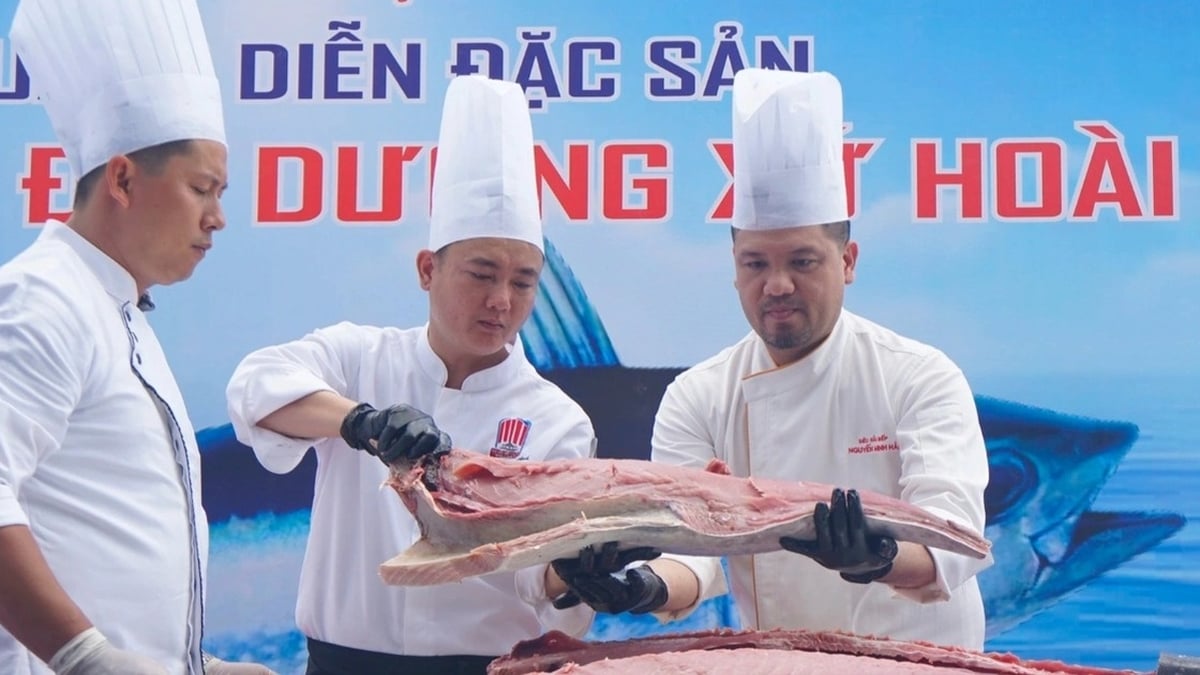












































![[VIDEO] 5 years a term – Testing the power of political belief.](https://vphoto.vietnam.vn/thumb/402x226/vietnam/resource/IMAGE/2025/7/31/80f3cf00b5224fcc8eb4f07754be2233)

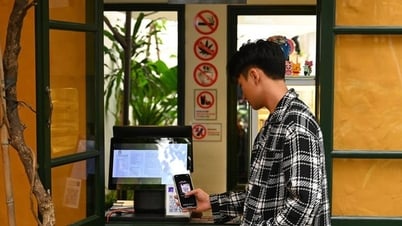


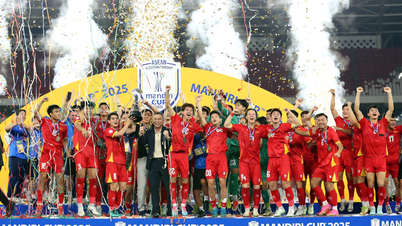





































Comment (0)